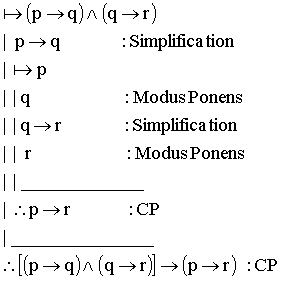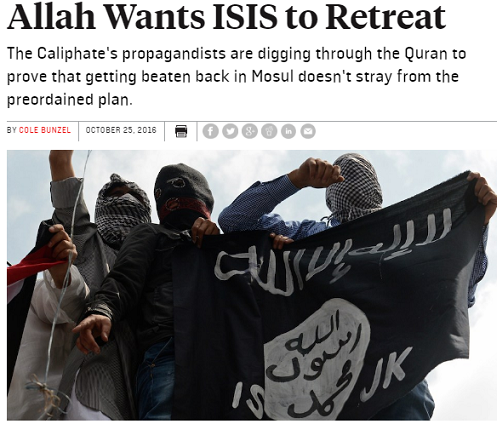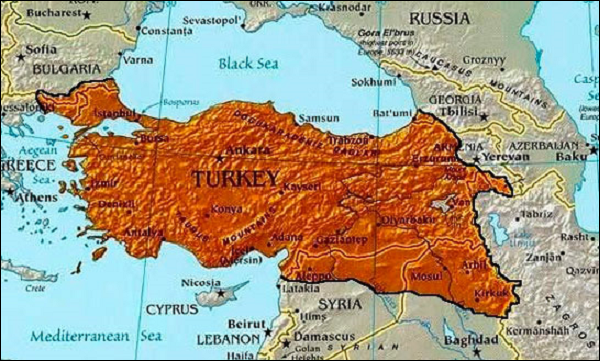
[by Pauline Kaurin]
As a professional philosopher, I find the role of assumptions, especially faulty and unexamined ones, in Book II to be really fascinating. I don’t think that this a problem that just plagued (ok, sorry, bad Book II joke!) the Greeks, and towards the end of this post I will explore some questions and implications for how we decide to go to war and how we wage it—as opposed to how we fight it on the ground. [For more on this distinction, see James Dubrik’s excellent new book on strategy and ethics, Just War Theory Reconsidered.]
And if both sides nourished the boldest hopes and put forth their utmost strength for war, this was only natural. (2.8)
Thucydides spends a fair amount of time at the beginning of Book II discussing the assumptions and presuppositions of both sides, later tracking how they largely come to naught. The Spartans worked from the assumption of their own military size, strength and superiority and also from the assumption that Athens lacked this, as well as the experience and will to be effective in war. They note that the Athenians were, ‘…more in the habit of invading and ravaging their neighbor’s territory, than of seeing their own treated in the like fashion.” (2.11) They also note the import of acting quickly and decisively and maintaining discipline and vigilance, as well as following orders. So if the Spartans, maintain these things, they will naturally be victorious because that is all that is required in war.
For the Athenians, there is much focus on the assumptions that inherent in Perikles’ famous strategy of retreating behind the walls of the city, abandoning the farms and lands, and relying on the naval power and the strength of the walls to defeat the Spartans. (2.13) He stresses they they were NOT to go out to battle; deny the Spartans what they expect and where their strength resides. Its clear that the Athenians viewed their strength in their city, in keeping everyone together in a physical proximity that would be easier to control and defend, and that their strength resided in the navy. Finally, he also stresses the financial resources that Athens can leverage to finance and maintain such a strategy.
Interestingly, it doesn’t take long in terms of Thucydides narrative for things to go awry. The Athenians become cranky at abandoning their lands and temples and having to change their habits to live in the city. (2.16) As their land starts (quite predictably) to become ravaged and attacked, “…they lost all patience…” and the young men wanted (quite predictably) to go out and defend it. (2.21) This again is portrayed as perfectly natural by Thucydides, even though Perikles presumably warned them that this was exactly what was intended to happen, and was, in fact, THE PLAN! This is followed later in the narrative with various and detailed discussions of the impact of the plague (which Thucydides notes was unanticipated) (2.51-2) Meanwhile, the Spartans are largely denied their decisive battles and engagement with the Athenians necessary to maintaining their conception of success and victory. The Athenians, in their view, are cowards and refuse to fight, but they also refuse to surrender.
What I have highlighted here points to the role that assumptions—both about our own side and that of the adversary—play in planning and justification for the war, as well as in how it is waged and fought. It’s hard not to think of the US Civil War and World War I, which the participants assumed would be short-lived and follow certain kinds of well known paradigms for war, honor and chivalry. Its also hard not to think about the claim in advance of the 2003 intervention in Iraq that of course there were WMD’s and that we would be ‘greeted as liberators’ which resulted in a mess, in part due to not thinking through what was to happen after the military was victorious. (As if the military being victorious was the sole end and goal?)
Which leads me back to Thucydides claim that these kinds of mistakes, blindness and miscalculations are natural. Why are they natural? Can they be avoided? Is it that we refuse or are not able to critically examine our own assumptions about ourselves and the adversary? I can see that its harder to do the second because you have less or inaccurate information about them, but surely self-examination (especially for the society that gave birth to Socrates and the Western philosophical traditions) is not beyond our reach? Or is the real issue, that we simply refuse to do so in the emotional excitement that is the rush to war? (Is there a war equivalent to the ‘beer goggles’ effect?)
A related issue seems to be the difficulty we, like the Greeks, have in thinking through the second, third and fourth order impacts of our own actions, much less those of the adversary. (Again, its hard not to think about 2003 in Iraq.) Thucydides notes that the plague was unanticipated, which is interesting. If we allow this point, it doesn’t explain how many of the other effects (immediate and further out) also need unanticipated or people believed that they would not happen. Is this a failure of strategic thinking and rationality? Or is it the emotions involved which make it difficult to think through or believe that the bad will happen? How many couples resist the idea of legal agreements prior to marriage or cohabiting, in the throes of love, lust or infatuation, only to regret it when things fall apart?
Like with romance and human relationships, surely things falling apart in war and not going according to plans and assumptions is entirely predictable. We check our equipment and personnel before going to war; we should also check and rigorously examine our assumptions.
P.S. An assumption is not simply true because we want it to be true!







